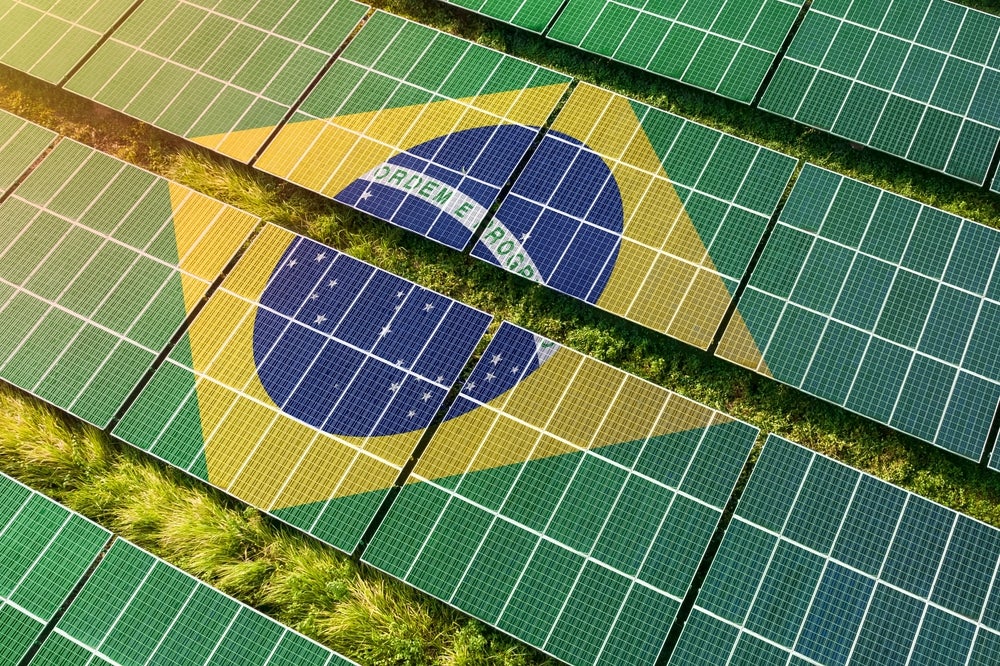Brazil generates power from a diverse range of sources that include thermal sources (gas, oil, and coal), hydropower, nuclear and renewable. Hydropower accounts for the majority of the country’s annual power generation. However, overdependence on hydropower has made Brazil vulnerable to droughts, and to overcome this challenge, it is rapidly developing its renewable power capacity. In 2024, renewable power accounted for 36.7% of annual power generation and this is expected to increase to 50.7% in 2035. Annual renewable power generation in Brazil is expected to increase at a compound annual growth rate of 5.9% between 2024 and 2035 to reach 523.2 terawatt hours.
Opportunities in Brazil’s power sector stem from the abundance of natural resources for power generation, as well as from the government’s policies, which encourage their development. This is especially important in the case of renewable technologies. The renewable power market has developed substantially in Brazil in recent years. The success of the development of renewables has primarily been due to the introduction of the government’s auctioning system.
The government is focusing on the rapid development of the renewable power sector in the country, especially wind power and solar PV. Several wind and solar PV projects are currently under construction, opening a range of opportunities for local and international equipment manufacturers.

Full liberalisation of the power market is expected to bring in a myriad of opportunities, especially in the renewables segment. Currently, only major consumers, such as factories, shopping centres and large corporations, have the autonomy to select their electricity supplier within Brazil’s free contracting market (ambiente de contratação livre, or ACL).
By the year 2028, it is anticipated that all electricity consumers, including small businesses and residential households, will be able to choose their energy provider. At present, the market operates on a largely “one-size-fits-all” basis. Post-2028, significant developments are expected, including:
- Green energy retailers offering exclusively 100% renewable electricity
- Smart contracts with dynamic pricing that varies according to the time of day, weather conditions and other factors
- Peer-to-peer energy trading, enabling individuals to sell surplus energy from rooftop solar installations to their neighbours
- Energy-as-a-service models, eliminating the need for consumers to own solar panels or batteries by allowing them to subscribe to energy services instead
Liberalised markets hold considerable appeal for private investors, including local and international energy companies. This is expected to drive the renewables market and increase its share in annual generation to above half of total annual power generation in 2035.

US Tariffs are shifting - will you react or anticipate?
Don’t let policy changes catch you off guard. Stay proactive with real-time data and expert analysis.
By GlobalData





